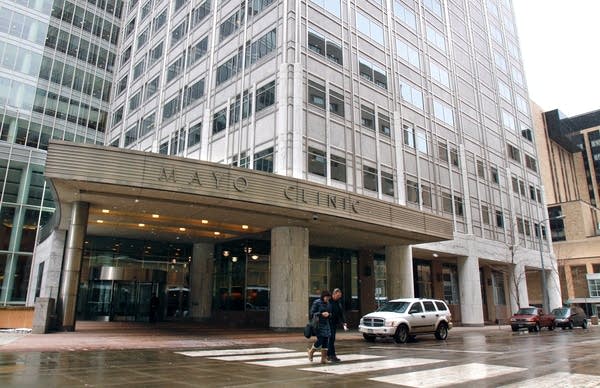Dayton concerned by Mayo Clinic favoring privately insured patients

A new Mayo Clinic policy in some cases gives priority to privately insured patients over people on public programs.
Alex Kolyer for MPR News 2016
Go Deeper.
Create an account or log in to save stories.
Like this?
Thanks for liking this story! We have added it to a list of your favorite stories.


